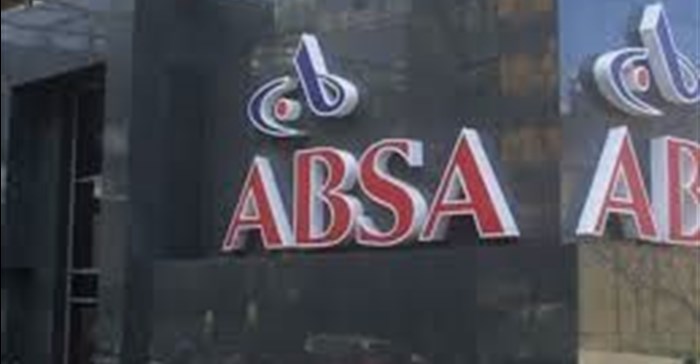
Top stories




Marketing & MediaWarner Bros. was “nice to have” but not at any price, says Netflix
Karabo Ledwaba 1 day


More news

Logistics & Transport
Maersk reroutes sailings around Africa amid Red Sea constraints

















The bank reported a small growth in income, but rising head office costs along with a R1.2bn "Barclays separation" charge caused its overall headline earnings to decline.
It nevertheless raised its dividend, declaring a final dividend of R5.95, taking its dividend for the year to R10.70, a 4% increase on 2016's R10.30.
Barclays Africa Group's overall income for the year to end-December grew 1.3% to R73.3bn.
Divorce from the group's former UK parent Barclays contributed R405m to its top line, but dragged its headline earnings down by R1.2bn.
"As part of its divestment, Barclays contributed 765m to the group, primarily in recognition of the investments required for the group to separate from Barclays," CEO Maria Ramos said in the results statement.
"Investments will be made primarily in rebranding, technology and separation-related projects and it is expected that it will neutralise the capital and cash flow impact of separation investments on the group over time."
The bank accounts for head office costs as a negative contributor to income. As in its 2016 results, head office costs rocketed 44% to R1.6bn from R1.1bn.
"Staff costs grew 5% and accounted for 56% of total expenses. Salaries rose 5% or 7% in constant currency, while total incentives grew 4%. Headcount increased 1%, largely due to technology hires in SA, while rest of Africa declined 4%," Ramos said.
What the group refers to as its South African retail and business banking (RBB) division - essentially Absa - contributed 58% of the group's income, and 62% of its headline earnings.
Its RBB division grew income nearly 2% to R42.7bn and headline earnings 0.6% to R8.9bn.
Barclays Africa Group's second-biggest income generator was its rest of Africa division, which contributed both 21% of income and headline earnings.
The rest of Africa division's income declined 2.7% to R15.6bn while its headline earnings contribution grew 7.2% to R3bn.
The rand strengthening against African currencies caused the decline in income from this division, the results statement said. If not for the stronger rand, the rest of Africa's headline earnings growth would have been 24%.
The group's South African corporate and investment banking (CIB) division reported an impressive 16.5% growth in its headline earnings contribution to R3.3bn, taking its contribution of the group's total to 23%.
The jump in CIB's profit was attributed to a 44% drop in credit impairments.
The CIB division's income grew 3.4% to R10.6bn, contributing 14% of Barclays Africa Group's total.
Barclays Africa Group's wealth, investment management and insurance (WIMI) division suffered an 8% decline in headline earnings to R1.2bn, contributing to the group's overall headline earnings declining 4.45% to R14.3bn.